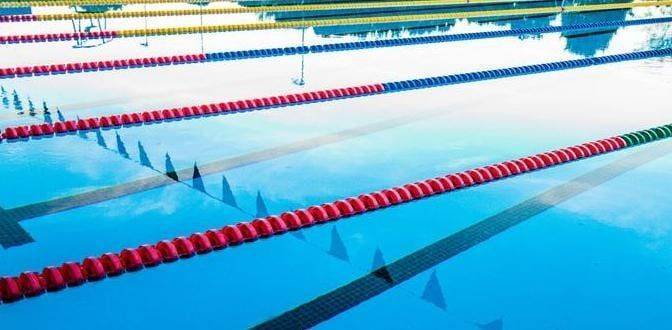
Swimming is one of the best ways of exercising that anyone can choose, with very great benefits for our health. Skin health – Swimming pool
That's why more and more they choose the swimming pool to exercise. However, the particularities of this area may cause some skin problems. But what are they, and what are the right precautions?
Skin health – Swimming pool
Swimming is an activity that combines full body exercise, wellness and mental euphoria, which is why more and more people – young and old – are now enjoying the benefits of a swimming pool. However, the poor cleaning conditions of the pool and common areas (showers, changing rooms), overcrowding and incorrect personal hygiene carry an increased risk of skin infections.
The most common of them are:
- Ants: They are caused by the human papilloma virus (HPV viruses) which has over 100 types and is resistant to drought, refrigeration and chemical solvents. Common ants usually appear on the hands and most often between the ages of 5-20, while plantar ants are found mainly in adolescence. They are treated by spraying with liquid nitrogen and topical keratolytics.
- Molluscum contagiosum: A viral infection that mainly affects children and is characterized by umbilical, skin-colored papules, mainly located on the face, armpits, limbs and genital area. Transmission occurs by direct contact, by sharing objects and especially in swimming pool areas. Usually a self-limiting disease, but with timely treatment by a dermatologist, the possibility of self-inoculation is avoided.
- Fungal infection of the skin: It is more common in adolescents and adults. It can affect any part of the body, with the appearance of erythematous-scaly ring-shaped plaques with a tendency to heal centrally. Especially in the interdigital spaces of the feet, wetting, skin discontinuity and often malodor are observed. Increased temperature and humidity favor the development Treatment is with topical or systemic antifungal medications.
- Pseudomonas folliculitis (hot pool folliculitis): Characterized by pruritic, follicular or pustular lesions, mainly located on the armpits, buttocks and extremities, and appears 1-4 days after bathing in a hot pool. As water temperature increases, free chlorine levels decrease, allowing bacteria to multiply. It is usually self-healing, except in recurrent cases, in which systemic treatment is given.
Precautions
To minimize the risk of contracting the diseases mentioned above, you should:
Communal swimming pools must meet the specifications of proper filtration, chlorination or ionization with ozone and maintenance of appropriate water pH.
To clean the changing rooms and showers thoroughly.
Do not walk barefoot in the common areas of the swimming pool.
We use individual towels, shoes, caps. Rinse off the pool water immediately after swimming.
To require a health certificate from a dermatologist before registering at the swimming pool.
For the children
Finally, a frequent question from parents is whether children with a history of atopic dermatitis can participate in the swimming pool. In the exacerbation phase of the disease, it is advisable to avoid swimming in a pool, while in the remission phases children can swim normally, with the necessity of showering immediately afterwards and hydrating the whole body, before and after contact with water. By observing the above, the swimming pool can be an oasis of physical and mental regeneration for young and old.
Written by Maria Kalderi Dermatologist - Venereologist, Epist. Head of the Dermatology Department, HYGIANET Peristeri
Source: www.hygeia.gr

No Comments